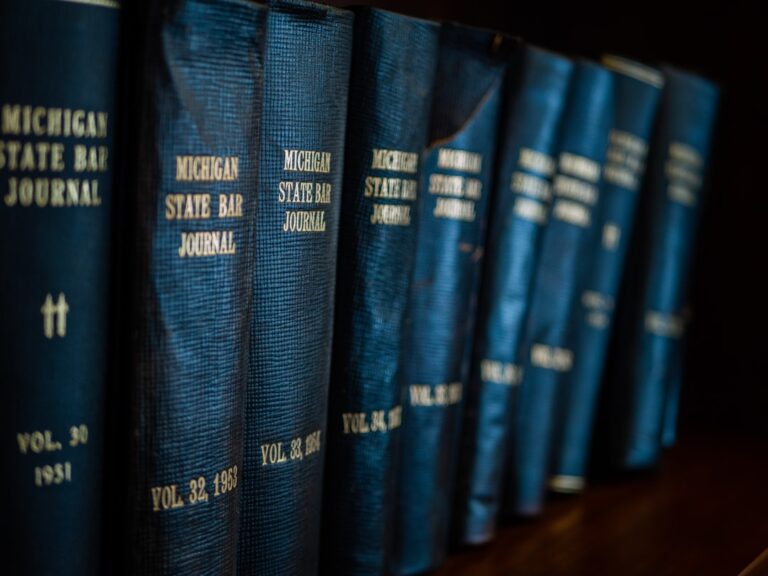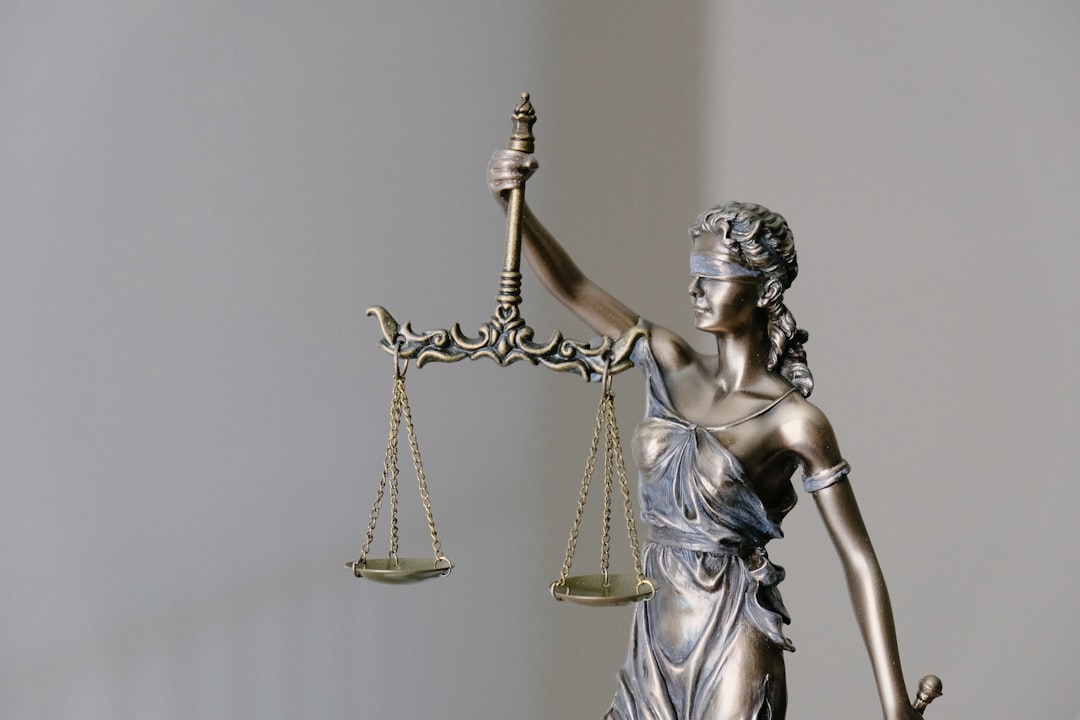Student safety in Newark, NJ schools requires a collaborative effort between parents, educators, and advocates who can identify red flags like behavioral changes or physical/emotional distress. The New Jersey Department of Education enforces policies against bullying and abuse, with mandatory training for educators. Parents should stay vigilant, communicate openly with their children, and report concerns to school authorities, while engaging school abuse lawyers in Newark, NJ when necessary to hold institutions accountable. Proactive parent advocacy can drive change through resource-sharing and policy push for safer schools.
In Newark, NJ, ensuring student safety is paramount. This article guides parents and guardians through identifying unsafe practices within the city’s schools, empowering them to take action against potential school abuse. We explore red flags to watch for, legal protections available, and steps to empower oneself as a parent. Understanding these aspects can help create a safer learning environment for Newark’s youth, with support from dedicated school abuse lawyers.
Recognizing Red Flags: Student Safety First

In Newark, NJ schools, ensuring student safety is paramount. Parents, educators, and advocates must learn to recognize red flags that could indicate unsafe practices or even school abuse. Regular communication from teachers and administrators about a student’s behavior, sudden changes in academic performance, or withdrawal from extracurricular activities can be early indicators of underlying issues.
Paying close attention to physical signs like frequent injuries, unexplained bruises, or poor hygiene, as well as emotional signals such as persistent anxiety, aggression, or depression, is crucial. If students exhibit a fear of going to school or display unusual behavior at home after attending school, these could be red flags warranting further investigation. Engaging the services of experienced school abuse lawyers in Newark, NJ can provide expertise and support when addressing potential safety concerns within the educational system.
Legal Aspects: Protecting Children in Newark Schools

In Newark, NJ, ensuring the safety and well-being of students is a top priority, backed by stringent legal frameworks designed to protect children from harm. State laws and regulations are in place to establish clear guidelines for school administrators, teachers, and staff regarding acceptable conduct and protocols. Any deviation from these standards can invite legal repercussions, with school abuse lawyers in Newark NJ playing a pivotal role in holding institutions accountable.
The New Jersey Department of Education (NJDOE) enforces policies that address various aspects of school safety, including anti-bullying measures, discipline codes, and reporting procedures for suspected maltreatment or neglect. Additionally, state laws mandate specific training programs to equip educators with the knowledge and skills needed to recognize and respond appropriately to situations involving potential abuse or unsafe practices within the school environment. Parents and guardians are encouraged to familiarize themselves with these legal protections, empowering them to actively participate in their child’s safety and take prompt action if any concerning behaviors or incidents arise.
Empowering Parents: Taking Action Against Abuse

Parents play a pivotal role in identifying and addressing unsafe practices, especially concerning school abuse in Newark, NJ. Empowering them with knowledge is a powerful tool against any form of misconduct. It starts with awareness—recognizing potential red flags like physical harm, emotional manipulation, or inappropriate behavior from teachers or staff. Parents should be encouraged to communicate openly with their children, fostering an environment where they feel safe to report any issues.
Taking action means involving school authorities and, if necessary, seeking legal counsel from school abuse lawyers in Newark NJ. Proactive parents can initiate change by organizing community meetings, sharing resources, and advocating for stricter policies and training to prevent and address child abuse within the school system.




